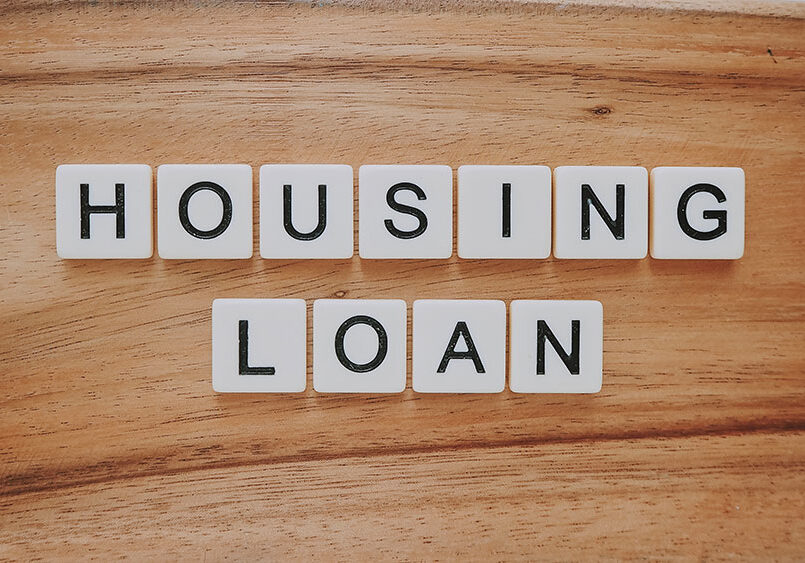What You Need to Know About Reverse Mortgages
Most of us have seen the commercials or seen ads in print or online that promote reverse mortgages as a great way to keep you comfortable and secure when you come into retirement age. While these advertisements make reverse mortgages seem like an easy, risk-free safeguard, it’s what they don’t tell you that can potentially leave you and your estate in a vulnerable situation.
First, let’s talk about what a reverse mortgage is. A reverse mortgage, also known as a home equity conversion mortgage (HECM), is a type of loan for home owners that are 62 or older. What makes it so appealing on the surface is that it gets rid of monthly mortgage payments, and it allows access to the home equity they have built up on the home through monthly checks or a lump-sum from their bank. The payment of the loan is then deferred until the home owner sells the home, moves out or dies. Sounds great, right? Well, keep reading.
Now, there are circumstances where a reverse mortgage is the route a homeowner may need to go. It can be a source of funding for those who need to increase their income, but according to Consumer Reports, it should be only be used “as a last resort for seniors who want to stay in their homes and have no other alternatives.”
A large part of why it’s such a risk is because of all of the costs involved. This can include loan origination, appraisal, title insurance, mortgage insurance and loan origination along with potentially thousands in closing costs and a higher interest rate that gets added to the loan balance each month. Now, these costs are incorporated into the loan, but life happens and while a home owner may have planned to spend the rest of their life in that home, it doesn’t always work out that way.
Say the home owner needs to enter a full-time care facility. By either selling the home or permanently moving out, the loan would then become due and that’s when all those extra costs come into play. Additionally, a reverse mortgage will almost always decrease the equity in your home, potentially all of it, which can mean leaving less money to the home owners heirs.
It comes down to risk, and taking on a reverse mortgage comes with a lot of it. It’s a gamble that, unless completely necessary to stay in your home, should be avoided at all costs. The ads paint a pretty picture, but once the surface is scratched, it can start to look ugly very quick. If you or a family member is looking into pursuing a reverse mortgage, please take the time to speak with a mortgage professional, like the experts at Accunet Mortgage.
[elementor-template id=”10109″]
Want the Lowest Rate on Your Home Loan?
Let's Get Started!
You Might Also Like
Aenean sollicitudin egestas elit vel mattis. Proin non lorem arcu. Sed ornare venenatis sapien id iaculis. Etiam ultricies interdum commodo. Aliquam erat volutpat.


